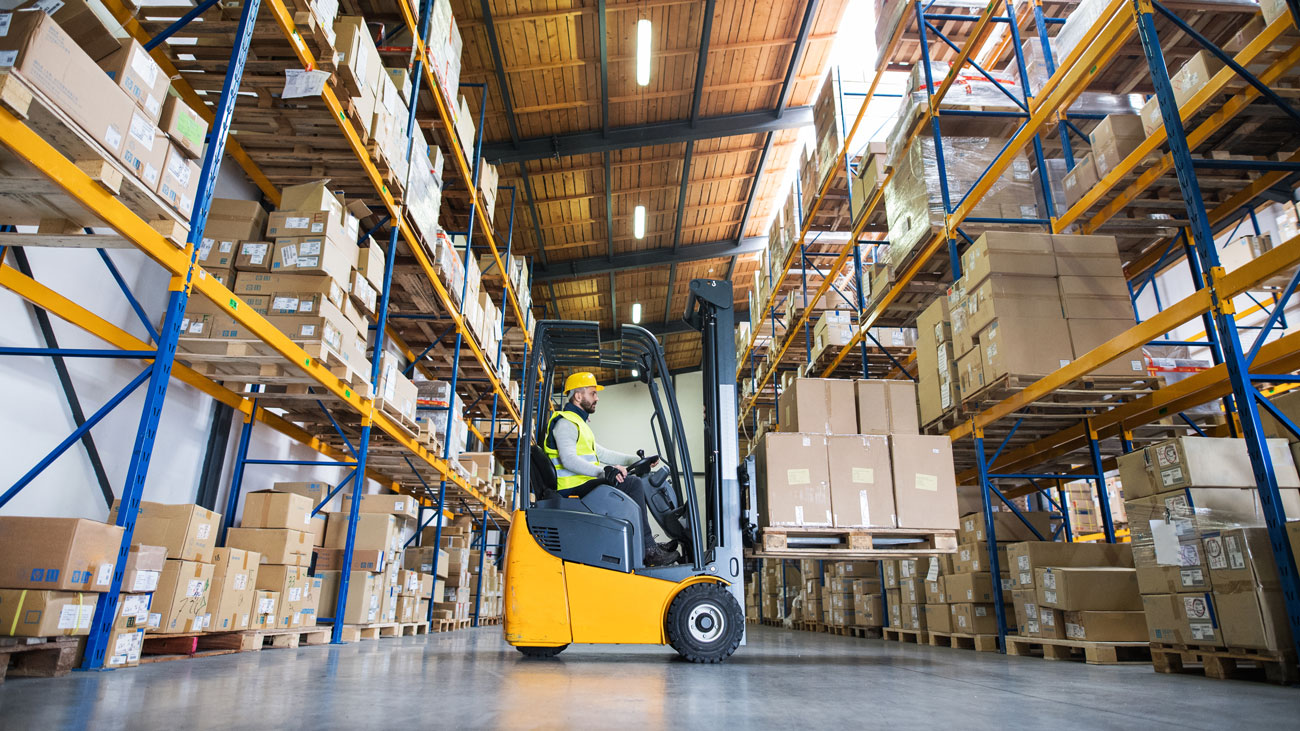
Forklifts: a new wave of prosecutions
A wave of recent HSE prosecutions involving the use of forklifts at work has highlighted the importance of health and safety around their use.
In one case, a pallet transport company was fined after a forklift driver was killed when his forklift overturned. Northampton Magistrates’ Court heard how on 13 October 2016, Reginald Bacon was unloading goods from the trailer of a large goods vehicle (LGV) and, whilst his forks were inside the trailer to remove a pallet, the LGV drove forward, causing the forklift to tip over on its side. Mr Bacon was not wearing his seatbelt correctly and tried to jump clear from his truck but sustained fatal head injuries.
An investigation by the HSE found that Fortec Distribution Network Limited’s risk assessment failed to identify the risk of an LGV driving away whilst being loaded or unloaded. The company also failed to recognise that the system of work being followed was different from its documented systems of work, including the monitoring and supervision of wearing seatbelts correctly when operating forklift trucks. The system being used for moving LGVs through its warehouse was also unsafe.
Fortec Distribution Network Limited pleaded guilty to breaching Section 2(1) of Health and Safety at Work etc Act 1974 and was fined £107,000 and ordered to pay costs of £17,436.97.
There are also several cases in which workers have been struck by forklifts. In one, G-Tekt Europe Manufacturing Limited, a company that manufactures metal pressings and sub-assemblies for the automotive industry, was fined after a worker was struck by a forklift truck and suffered a serious brain injury.
Newport Magistrates’ Court heard how, on 23 November 2018, the worker needed to be placed in an induced coma after a forklift truck struck him at a premises in Tredegar. An investigation by the HSE found that there was inadequate control of workplace transport risks. This included lack of segregation between vehicles and pedestrians, no safe pedestrian crossings where vehicle and pedestrian routes crossed, and insufficient safety signage to highlight hazards.
G-Tekt Europe Manufacturing Limited entered a guilty plea for breaching Regulation 4(1) of the Workplace (Health, Safety and Welfare) Regulations 1992 and was fined £520,000 and ordered to pay costs of £8,014.40.
The HSE has published an Approved Code of Practice (ACOP) and guidance called Rider-operated lift trucks: Operator training and safe use. Approved Code of Practice and guidance. This sets the minimum standard of basic training people should receive before they are allowed to operate certain types of lift truck – even if they only operate the equipment occasionally. It also provides detailed guidance about how they can meet this standard.
The ACOP covers stacking rider-operated lift trucks, including articulated steering trucks. 'Rider-operated' means any truck that can carry an operator and includes trucks controlled from both seated and stand-on positions.
If you employ anyone to operate a lift truck covered by the ACOP, you should make sure that operators have been trained to the standards it sets out.




